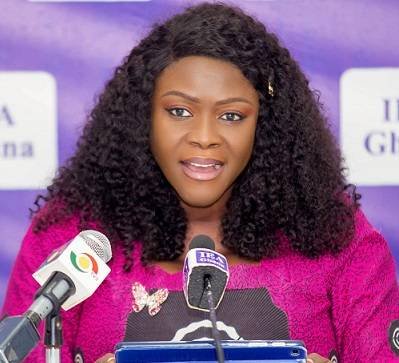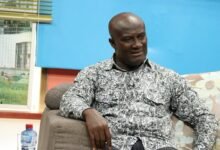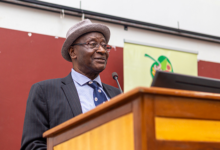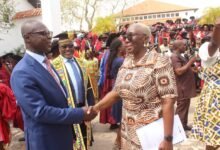
The National Commission for Civic Education (NCCE) has threatened to name and shame political figures who would campaign on religious lines ahead of the 2024 general election.
According to the chairperson of the NCCE, Ms Kathleen Addy, the name and shame approach had become necessary due to the threats the menace poses to Ghana’s democracy.

With the two most populous political parties presenting Muslim and Christian flagbearers, she said, religion-based campaign was a worrying trend that could mar the electoral process.
She was speaking in Accra yesterday during a meeting with the Ghana Catholic Bishops Conference as part of the NCCE’s consultative visit to discuss election-related civic engagements.
Ms Addy said, “We are also focusing on religious tolerance. This is not the time for us to divide on religious lines. We’ve always lived in peace in Ghana and we don’t want to add another area of worry in our election and political life.”
She condemned the monetisation of Ghana’s elections and the threats of fake news, misinformation and disinformation on the internet.
Ms Addy said the NCCE would focus its voters’ education for this year on the threats of excessive money in the political culture, and also engage leaders of the political parties on the emerging threats.
As part of the Commission’s peace and security work, she said, it was running a programme in the five regions in the north as well as Bono, Bono East and Oti regions to ensure that the people understand the nature of the threat and know what to do when they face such threats.
Most Reverend Matthew Gyamfi, President of Ghana Catholic Bishops Conference, said there was the need to build the capacity of the youth to appreciate the country’s value system.
“When we talk about patriotism, the tendency is to think that most of our young people do not know what patriotism is, but they know the ideals of patriotism, so the commission should find a way of involving the educational institutions to build their appreciation of it,” he said.
He commended the Commission for carrying out its mandate in the face of resource challenges, and urged it to engage the political parties and religious groups as soon as possible.
BY CLAUDE NYARKO ADAMS







